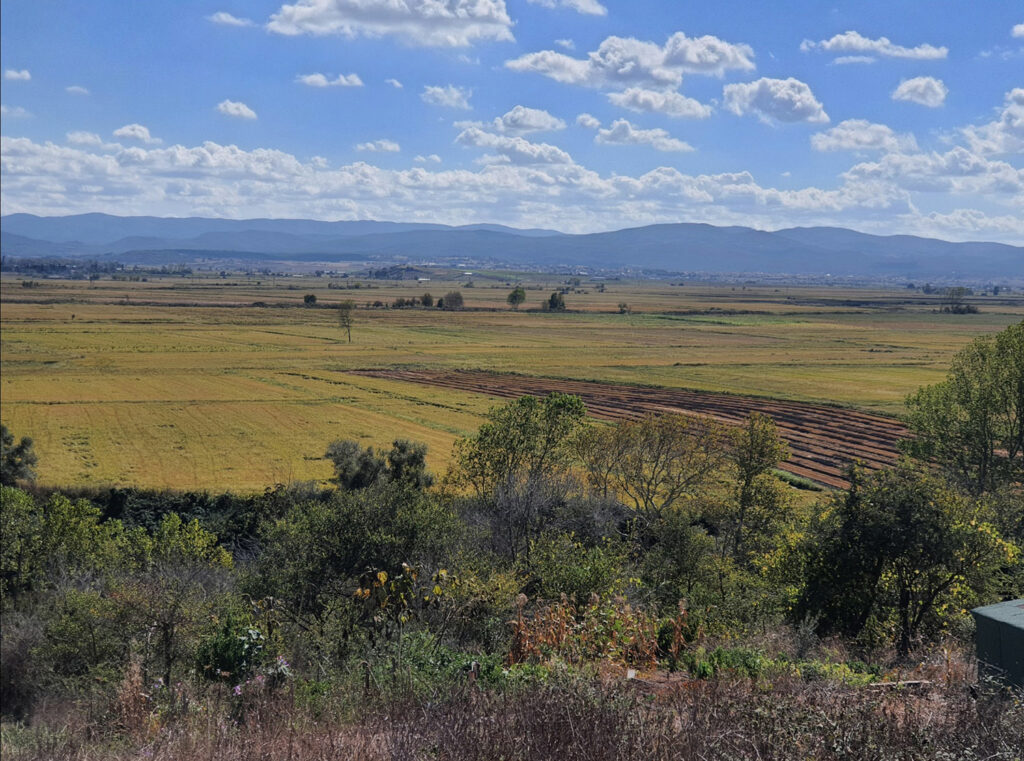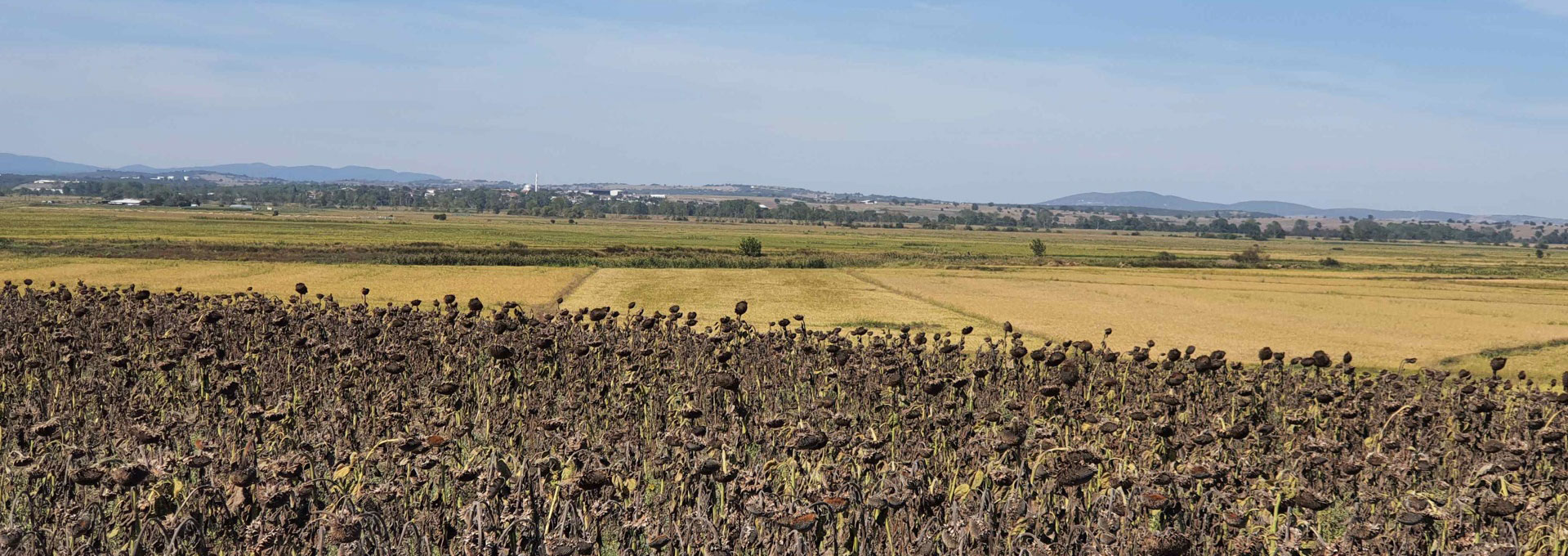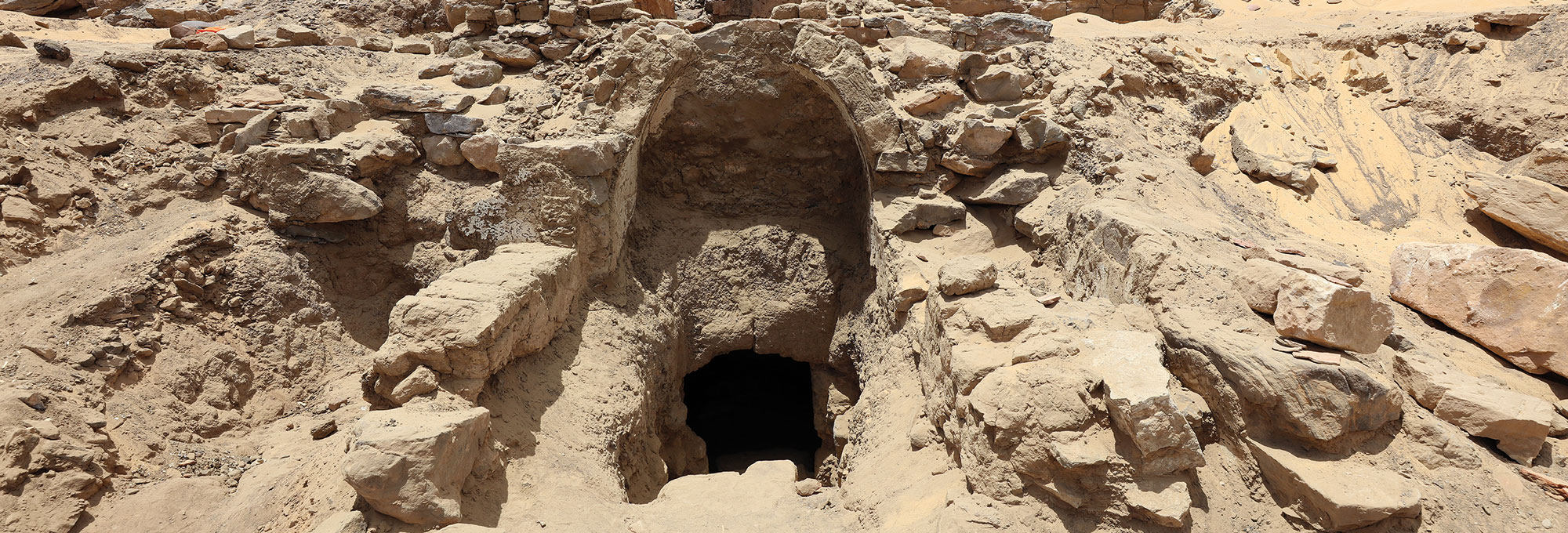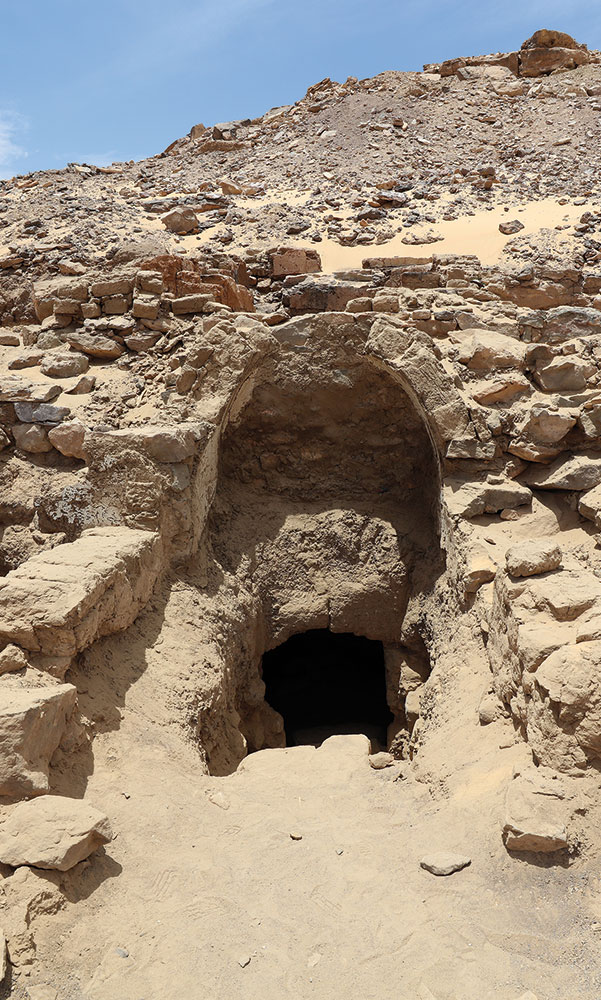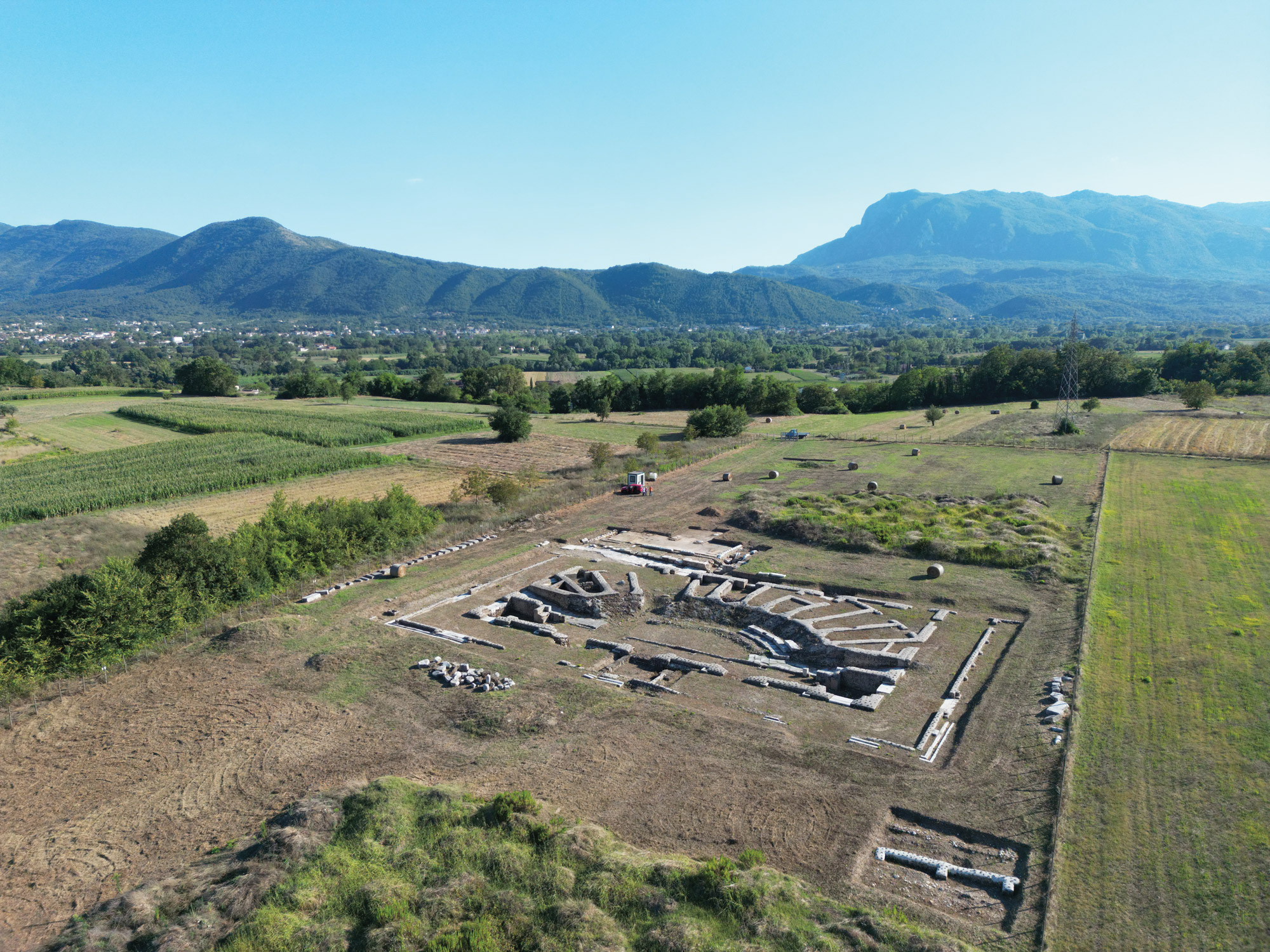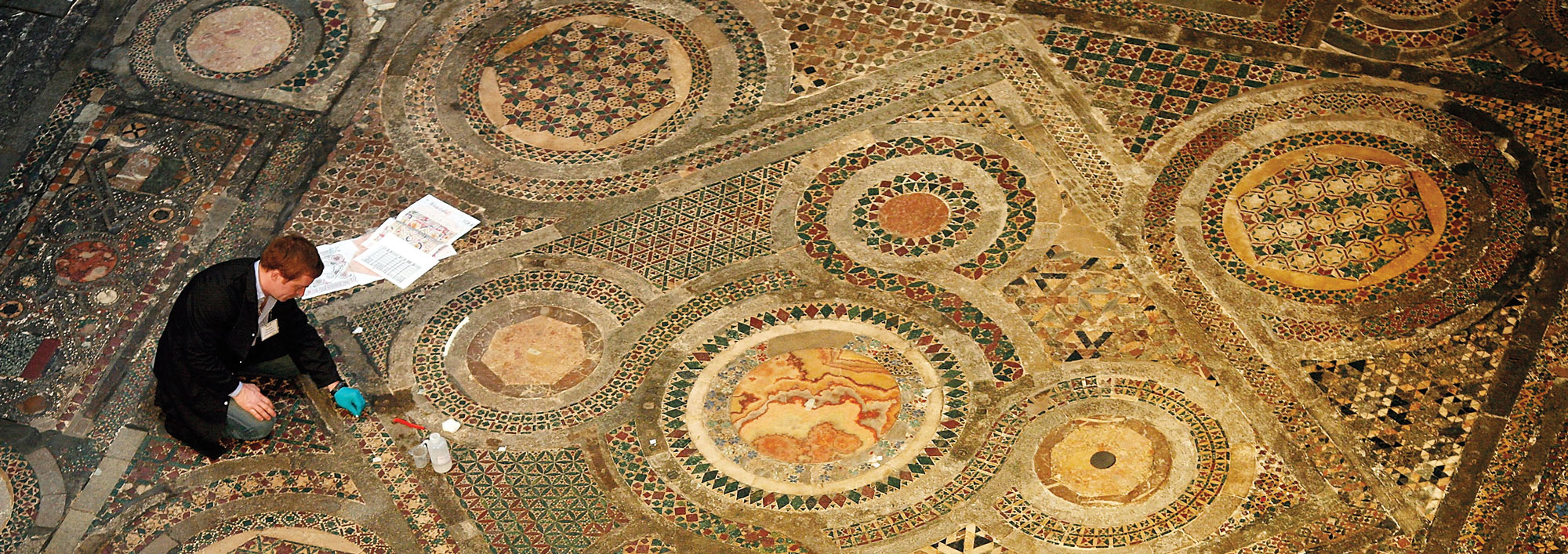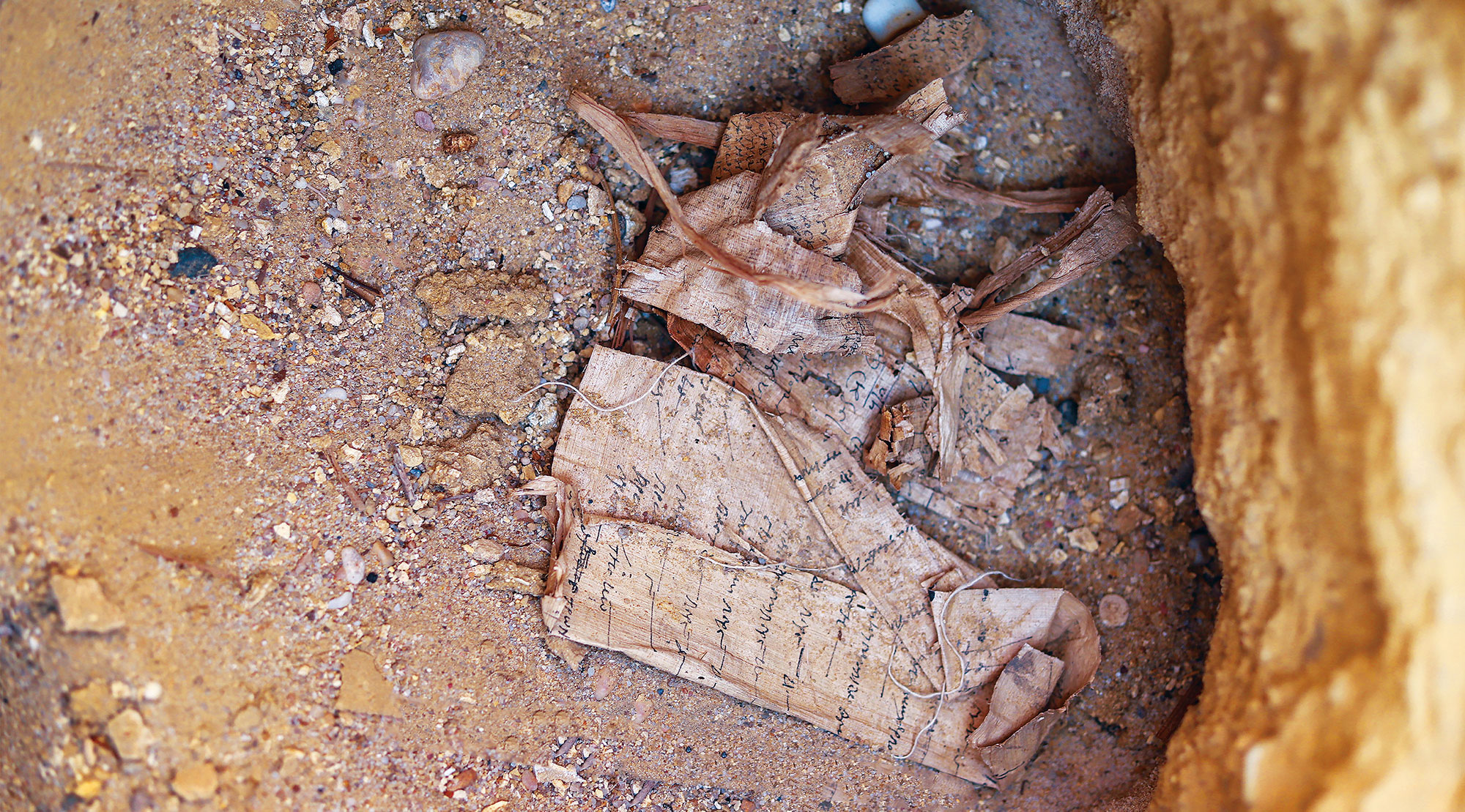BIGA, TURKEY—According to a Live Science report, Reyhan Körpe of Canakkale Onsekiz Mart University and his colleagues have found additional evidence to support the idea that a site in northwestern Turkey may be the battlefield where Alexander the Great and his army defeated the forces of the Persian Empire in the Battle of Granicus in 334 B.C. “The Battle of Granicus was not only one of the most significant turning points in Alexander’s life, later earning him the epithet ‘the Great,’ but [was] also a pivotal moment in world history,” Körpe said. The victory allowed Alexander’s forces to push into the Middle East, he explained. The new evidence includes traces of the ancient city of Hermaion, recorded as Alexander’s last encampment site before the battle. Geomorphological tests of the region showed what the landscape looked like in antiquity. The researchers then compared what they had learned about the terrain with ancient descriptions of the battle. The study suggests that one hill in particular, where farmers uncovered a man’s bones in 2024, could be the place where Alexander had stationed Persian Greek mercenaries. Körpe said that no grave markers were found in the area where the bones were recovered, indicating that it may not have been a formal cemetery. He and his team members are planning to conduct geophysical surveys and excavations of the region. To read about Alexander's youth before he became king, go to "Alexander the Great's Untold Story."
